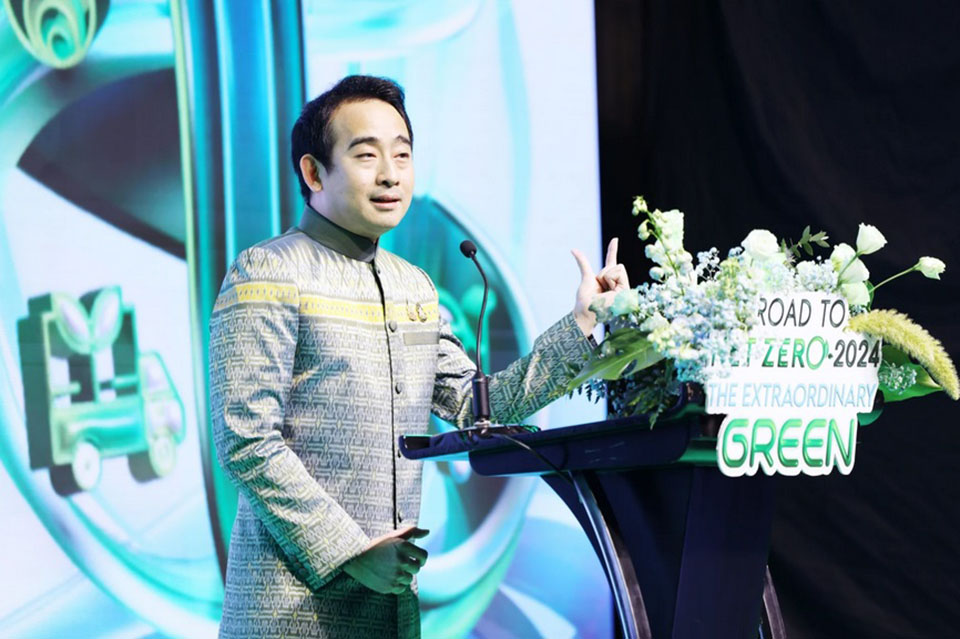
BANGKOK, Thailand – The Ministry of Finance is considering key green tax reforms, including changes to the battery tax structure and the introduction of a carbon tax, aimed at promoting environmental sustainability while maintaining economic stability.
These initiatives are part of broader efforts to incentivize cleaner production and hold polluters accountable without passing costs onto consumers.
Phaophum Rojanasakul, Deputy Minister of Finance, outlined these proposals during his keynote address at the “Road to Net Zero 2024: The Extraordinary Green” seminar. One of the key measures under review is a revision of the current battery tax, which imposes a flat 8% rate on all types of batteries. The Ministry plans to implement a tiered tax system based on environmental impact to encourage cleaner battery production.
Additionally, Deputy Minister Phaophum introduced a proposal for reverse tax incentives, aimed at rewarding businesses transitioning to more sustainable practices. This initiative seeks to motivate industry leaders in green operations, fostering greater participation in environmental sustainability efforts.
The Ministry is also finalizing plans for a carbon tax, which is expected to be implemented within 2024. The tax will target high-polluting producers, ensuring they are held financially responsible for their emissions.
To prevent increased costs for consumers, the carbon tax will be incorporated into the existing excise tax on products like oil, with the tax structure adjusted to reflect the carbon content of each product. (NNT)








